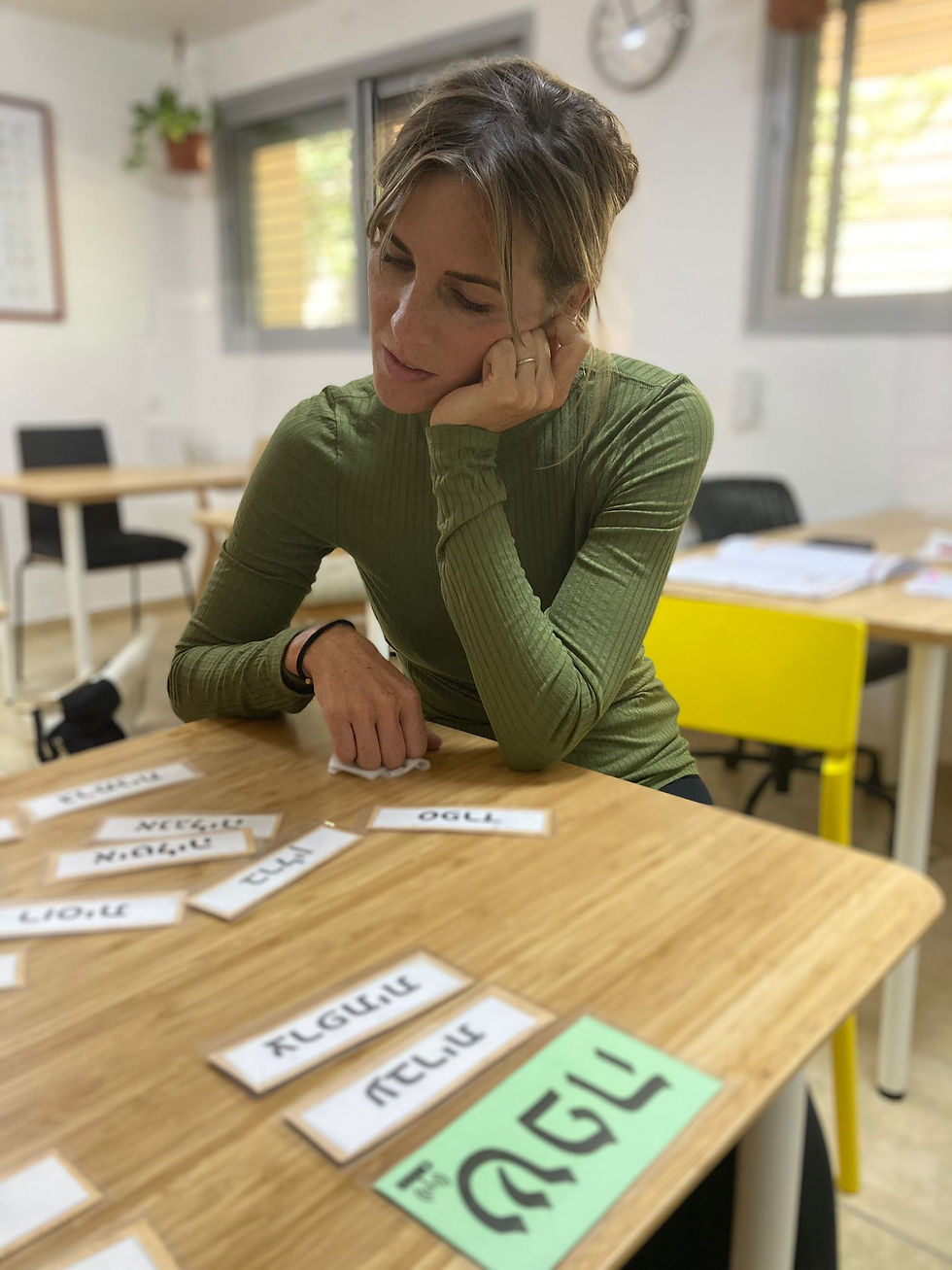Language Learning: Comparing the Approaches of Children and Adults
- The UAB Team

- Apr 17, 2023
- 2 min read
Understanding the Differences in Learning Styles, Brain Development, Motivation, Self-Consciousness, and Prior Knowledge
Learning a new language can be a challenging but rewarding experience. Whether you're a child or an adult, picking up a new language can broaden your horizons, connect you with new people and cultures, and improve your cognitive abilities. However, the way that children and adults learn a new language can differ in many ways.

In this blog post, we'll explore the key differences between the language learning approaches of children and adults, including learning styles, brain development, motivation, self-consciousness, and prior knowledge. By understanding these differences, you can better tailor your language learning experience to your individual needs and preferences, and set yourself up for success.
Learning style: Children learn a new language through immersion and play, which means they are constantly exposed to the language in context and use it spontaneously in everyday situations. On the other hand, adults tend to learn a new language through study and practice, which involves a more structured approach to grammar, vocabulary, and conversation.
Brain development: Children have a more malleable brain and can acquire language more easily than adults because their brains are still developing. They can pick up new sounds and structures effortlessly and without conscious effort. Adults, on the other hand, have a more established neural network that may require more time and effort to rewire for a new language.

Motivation: Children may not have a clear motivation for learning a new language beyond wanting to communicate with others, while adults may have a more specific reason, such as work, travel, or personal interest. This can influence the amount of time and effort they are willing to invest in learning the language.
Self-consciousness: Children are generally less self-conscious than adults and are not afraid to make mistakes or sound silly when speaking a new language. This can help them learn more quickly and naturally. Adults, on the other hand, may be more self-conscious and feel embarrassed about making mistakes or speaking with an accent.
Prior knowledge: Adults have a wealth of knowledge and experience that can help them learn a new language more quickly. For example, they may already understand grammar concepts, have a larger vocabulary, and be able to make connections between the new language and their native language.
Overall, both children and adults can learn a new language, but the approach and learning styles may differ due to their stage of development, motivation, self-consciousness, and prior knowledge. At UAB we believe that age is just a number when it comes to learning languages.




Comments